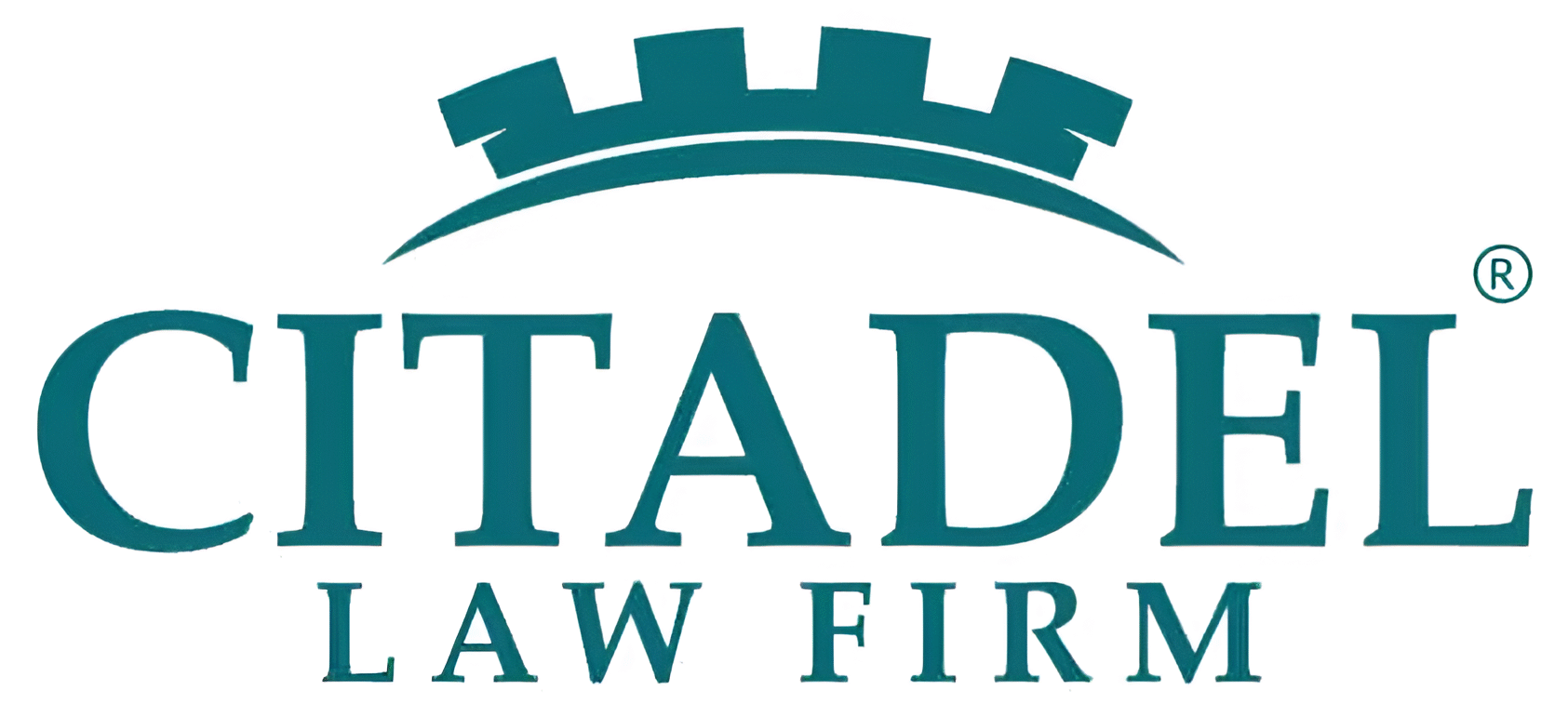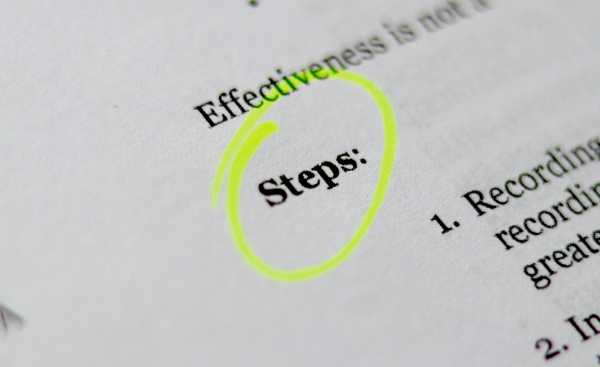At Citadel Law Firm PLLC®, based in Chandler, we help families and single professionals alike draft clear plans that keep courts and confusion out of the picture. This guide walks through the main Arizona rules, community property questions, and the core documents that set your wishes in stone so that you can rest easier tonight.
Why Estate Planning Matters in Arizona
A thoughtful plan lets your loved ones manage assets without waiting on the probate court. Skipping that legal process often saves months of paperwork and thousands of dollars.
Good estate planning can also limit any federal estate tax bite by arranging gifts, trusts, and beneficiary designations ahead of time. Even though Arizona has no state estate tax, federal rules still apply to large estates.
Parents can name who will raise minor children, sidestepping fights among relatives if both parents pass away or become incapacitated.
Finally, powers of attorney and medical directives place decision-making in trusted hands if you cannot speak for yourself. Without them, a judge may appoint someone you never would have picked.
Arizona’s Estate Planning Laws
Arizona statutes outline strict signing rules, witness counts, and notice requirements. The state also applies community property principles, meaning most assets gained during marriage belong equally to both spouses.
Following these laws matters because a document that misses a witness or conflicts with community property rights can be tossed out, leaving your family at the mercy of default intestacy rules.
Community Property Considerations
Arizona classifies wages, real estate purchased during marriage, and even certain retirement benefits as community property. Each spouse owns an undivided one-half share regardless of whose name sits on the title.
This approach influences both divorce settlements and estate transfers. If one spouse dies without planning, the survivor keeps their half, while the other half might pass to children or parents, depending on the family tree.
The Arizona Probate Process
When a person dies with assets titled solely in their name and worth more than $200,000 in personal items or $300,000 in real estate, probate usually follows. The court appoints a personal representative, collects assets, pays debts, and then distributes the remainder.
Even a smooth case can stretch nine months or longer. If relatives disagree, legal fees and delays escalate quickly. A living trust and proper beneficiary forms can move property outside of probate, keeping matters private and faster.
Essential Documents for Every Arizona Estate Plan
Each adult’s situation differs, yet a solid Arizona plan usually contains the items listed below. Putting them together forms a safety net for both lifetime incapacity and death.
Last Will and Testament
Your will directs where individually owned property goes and who wraps up final bills. It also names guardians for children under eighteen.
Durable Power of Attorney
This paper allows someone you trust to handle bank accounts, sign checks, or refinance a home if you are unable to act. It works only while you are alive; it stops at death.
Health Care Power of Attorney
Here, you appoint a medical decision maker. Doctors must follow your instructions when you lack capacity.
Living Will
The living will spell out end-of-life care choices, such as whether you want artificial feeding or ventilators if recovery looks impossible.
HIPAA Authorization
Federal privacy rules block access to medical charts. A signed HIPAA release allows your agents and family to obtain the necessary information to assist you.
Personal Property Memorandum
This separate list handles heirlooms, jewelry, and household items. Because it is referenced in your will, you can update the list without re-signing the entire will.
The chart below offers a quick comparison of these tools.
|
Document |
Main Purpose |
Minimum Signing Rules |
|
Will |
Distribute assets and name guardians | Testator plus two adult witnesses |
|
Durable Power of Attorney |
Manage finances during incapacity | Principal signature, notarization recommended |
| Appoint a medical agent | Principal signature, one witness, or notary | |
| Living Will | Record end-of-life treatment wishes |
Principal signature, one witness, or notary |
| HIPAA Release | Give access to health information |
Principal’s signature, date |
| Personal Property Memo | Gift household and sentimental items |
Signed and dated, referenced in the will |
After preparing these papers, remember that they must be kept in a safe spot and shared with the appointed agents so they know where to find them.
Below is a brief list of practical tips before you sign anything:
- Confirm that your beneficiary designations on life insurance and retirement plans match the plan in your will or trust.
- Store originals in a fire-resistant safe, and give digital copies to your agents.
- Schedule a review every three years or after any birth, death, marriage, or large purchase.
Following these steps keeps your paperwork current and effective.
Planning for Major Life Changes
Life rarely stands still. A new baby, a second marriage, or a business sale can upend earlier choices. An outdated plan carries hidden traps, such as an ex-spouse still listed as beneficiary or a home no longer titled to the trust.
Set a recurring calendar reminder to meet with your planning attorney after major changes. A brief review often prevents expensive fixes later.
Get Trusted Estate Planning Help — Contact Citadel Law Firm PLLC® Today
At Citadel Law Firm PLLC®, we help Chandler families create estate plans that work when it matters most. From wills and trusts to probate and trust funding, our team makes the process simple and personal. Call 480-565-8020 or visit our Contact Us page to ask a question or schedule a consultation.
Let’s put a plan in place that protects your loved ones and gives you lasting peace of mind.
Meet Attorney David Gerszewski
5.0 star rating from 200+ Google Reviews
Attorney David Gerszewski is specialized in Estate Planning, Trust & Probate Law and the founder of Citadel Law Firm PLLC. He is known for making legal matters easy to understand. His background in finance and tax law makes the estate planning strategies he designs for his clients just right. When not practicing law, David enjoys time with his wife, and their amazing dog, Gunner.
WE WOULD LOVE TO HEAR FROM YOU!
CALL US AT (480) 565-8020
OR, simply fill in the form below, and we’ll contact you either immediately or as soon as we’re out of our current meeting.



